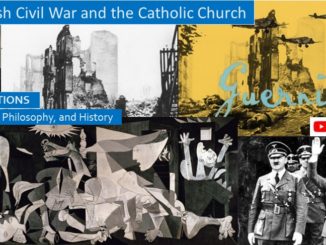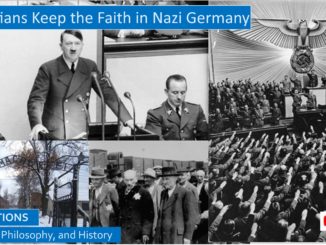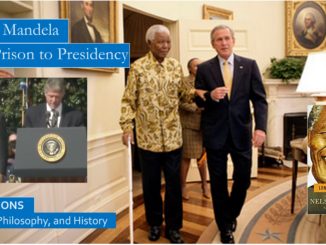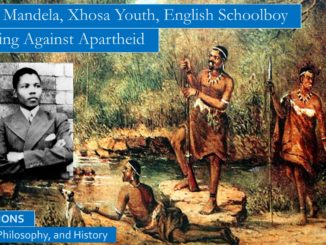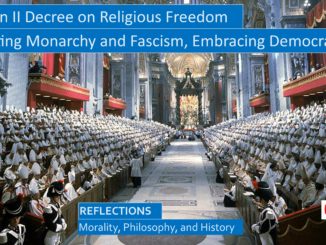
Vatican II Declaration on Freedom of Religion, Embracing Democracy, Rejecting Fascism
The Church Fathers of Vatican II believed that the Catholic guarantee of Religious Liberty was crucial for regaining the respect of many believers and the modern world. History had evolved so that the Catholic Church was not on the side of truth regarding religious liberty. From ancient times the Catholic Church was supported first by the Roman emperors starting with Constantine, and then the royalty of medieval Europe, but the absolute monarchies had all disappeared, giving way to dictators and republics, some of which were constitutional monarchies. The Jacobism of the French Revolution and its grandchild communism were the enemies of the church, and the church supported fascism to combat communism. World War II totally discredited fascism, now the Catholic Church saw democracy as the bulwark opposing communism, and religious liberty was a cornerstone for democracy. […]

